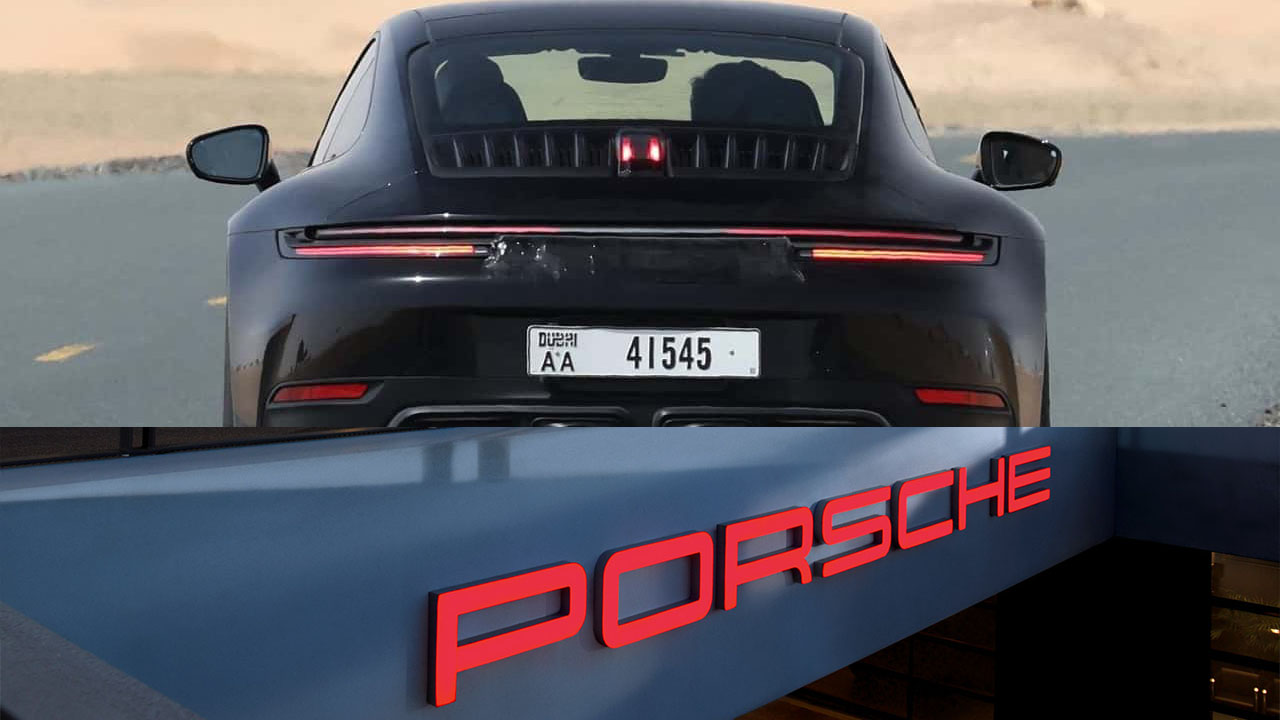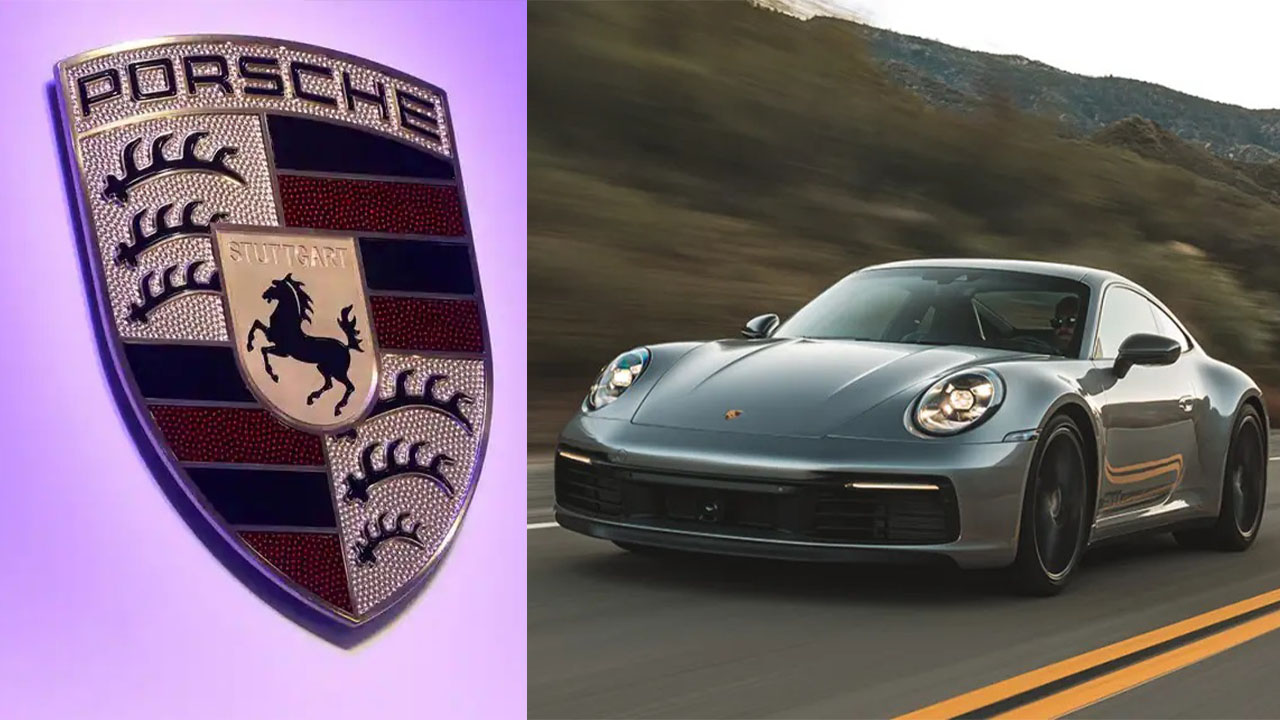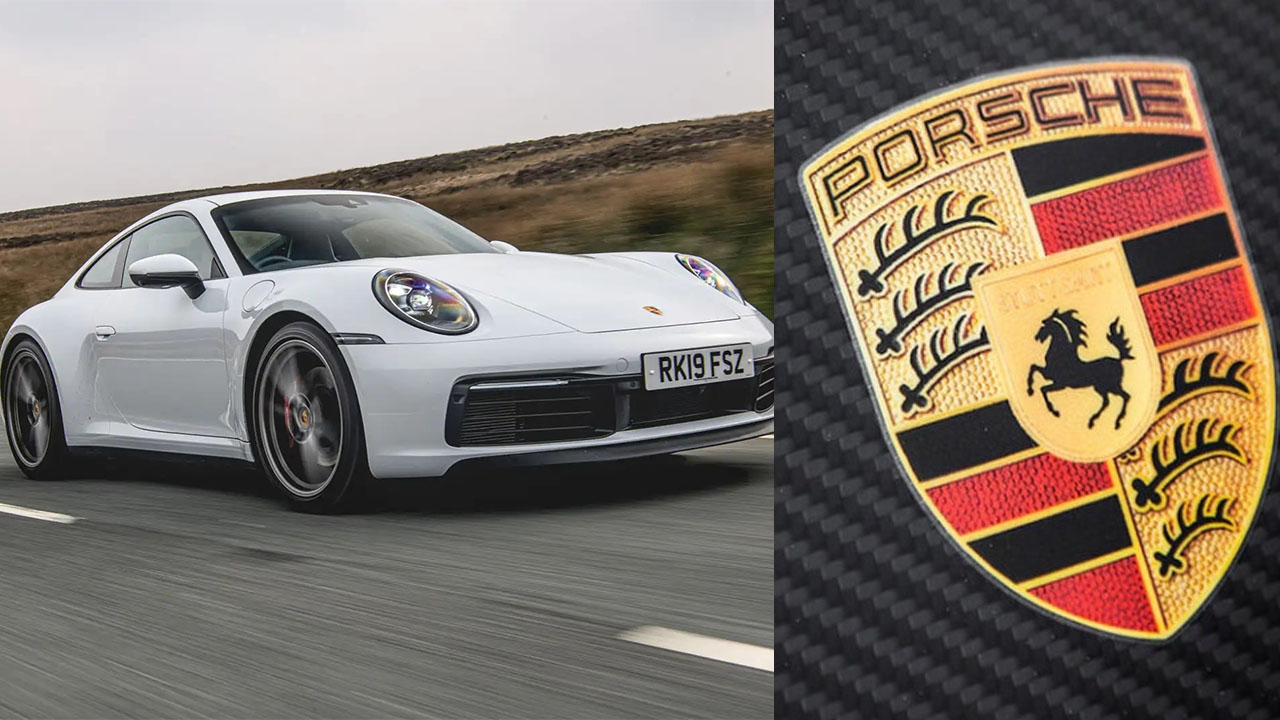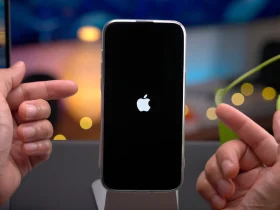Porsche is gearing up to introduce a groundbreaking update to its iconic model. An electrified version of the Porsche 911, featuring a combination of a gas engine and at least one battery-powered electric motor, is set to make its debut in an online event scheduled for May 28.
This move signifies a significant evolution for one of the world’s most renowned sports cars and reinforces the growing acceptance of electric propulsion across the automotive industry.
Hybrids, renowned for their enhanced fuel efficiency without compromising power, have become increasingly prevalent across various vehicle segments.
While Porsche already offers plug-in hybrid variants like the Cayenne e-Hybrid SUV and Panamera e-Hybrid sedan, the introduction of a hybrid 911 marks a notable departure.

Few automobiles are as synonymous with a gasoline engine as the Porsche 911, and few automakers are as closely associated with a single model as Porsche is with the 911.
Despite Porsche’s expansion into the SUV market, the 911 remains the cornerstone of its lineup. Even models like the Porsche Macan and Cayenne SUVs bear design elements inspired by the iconic 911.
Although Porsche has ventured into fully electric territory with models like the Taycan and the upcoming Macan Electric SUV, company executives have emphasized that the 911 would be the last Porsche to transition entirely to electric power.
The unique engineering and driving characteristics of the 911 pose distinct challenges to an all-electric adaptation. Thus, the introduction of a hybrid model represents the closest Porsche can come to an electrified 911 without compromising its defining attributes.
Porsche has conducted extensive testing on the hybrid 911, logging over 3 million miles on tracks and public roads in various conditions.

However, specific details about the hybrid variant, such as whether it will be a plug-in hybrid, remain undisclosed. Porsche has traditionally favored plug-in hybrids due to their performance-enhancing capabilities enabled by more powerful batteries.
What is evident is that the hybrid 911 offers superior performance compared to its solely gasoline-powered counterpart.
During testing at Germany’s Nürburgring Nordschleife racetrack, a Porsche test driver achieved a lap time of 7 minutes and 17 seconds—8.7 seconds faster than a comparable current-generation 911.
This enhanced performance suggests that the hybrid 911 benefits from additional power derived from electric assistance without compromising handling despite the added weight of batteries and electric motors.
“We have more grip, significantly more power, and the spontaneous response of the performance hybrid is a great advantage,” remarked former racing driver and Porsche “brand ambassador” Jörg Bergmeister.
The unveiling of the hybrid 911 coincides with the 60th anniversary of the model’s introduction in 1963. Since its inception, the 911 has remained true to its heritage, retaining its signature design elements and rear-engine layout established by Ferdinand “Ferry” Porsche, the son of the company’s founder, Ferdinand Porsche Sr.







Leave a Reply